21 Tips for Creating a Realistic Workout Routine That You Can Actually Stick To

Establishing a workout routine isn't the easiest thing to do, especially if you haven't exercised in a long time, have always had a tough relationship with working out, or have no experience in that department. That's totally understandable, though, because everyone's workout preferences are different, and your workout schedule (or lack thereof) can depend on what's going on with your life, your schedule, the resources available to you, your athletic ability, etc. It may seem like there's only one way to work out or exercise—especially if you see people in their perfect activewear effortlessly moving at the gym or a fitness studio—but that's definitely not the case.
"Working out is a very personal thing," says Mindy Lai, a Bande instructor. "Everyone's preferences and bodies are different, so never compare your routine to someone else's. Moving your body regularly can be hard when you're first starting a workout routine. Know that once you push through the first week, fight through the second and the third, then your body will know a little more as to what to expect. Remember fighting through the difficult moments means that you're progressing and getting stronger."
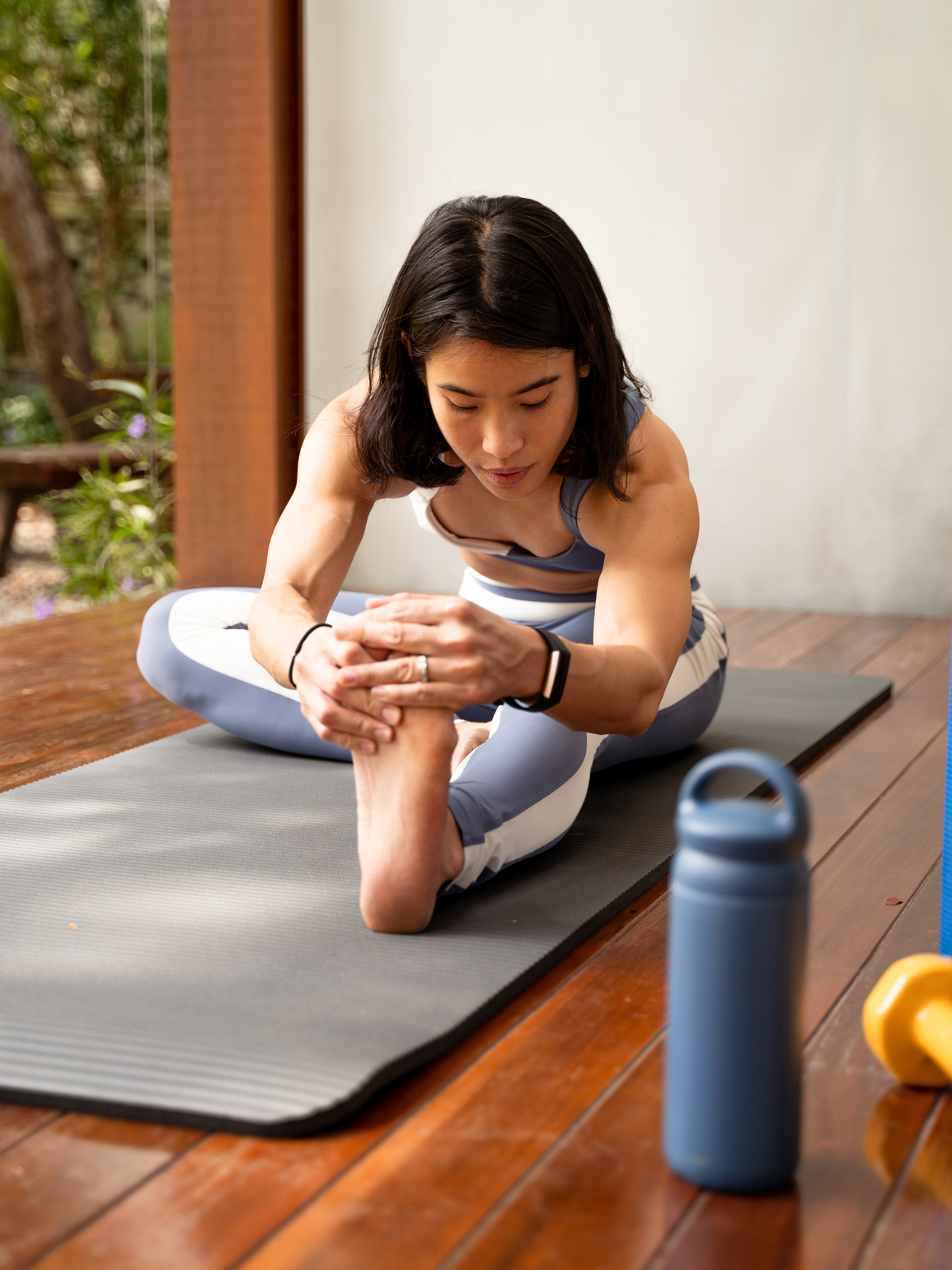
Personally, I used to have a terrible relationship with the concept of exercise. I've never been the most athletic person in the world. I basically joined team sports in middle school so I could hang out with my friends, not because I actually enjoyed playing volleyball or basketball. And in college and my early 20s, I barely worked out. I would hit the gym or go to a class maybe a handful of times a year. But in my mid-20s, I realized I needed to stay active, not just to lose weight but for my overall health. So I tried out a bunch of studio classes and realized I liked them way better than just going to the gym. And the more I tried different workouts, the more I got to know which ones I actually liked and enjoyed doing and would do again. I started to get into a groove, but it took some time to figure it out.
During quarantine, I definitely went through some exercise ups and downs. I was really into it at the beginning with Zoom and online fitness classes. But after a few weeks, I got over it and moved on to other quarantine activities, like snacking and watching Netflix. But then I got a Peloton and was all about it and would work out every single day. Then things started opening back up, and I didn't have as much time to work out because I wanted to spend all my time reconnecting with friends and family once everyone was vaccinated.
As for where things stand now with me and fitness, I'm retooling my routine to find out new ways to challenge myself and create a new schedule that works with what's going on in my life at the moment. I've been trying to mix up my workouts so I'm not just doing cycling classes all the time, which Maeve McEwen, P.volve's lead trainer, said is a good idea. "I believe everyone is bio-individual, and a routine that works for one person may not work for another," says McEwen. "However, it is important to have a well-rounded workout routine that focuses on strength/resistance training, cardio, mobility/stability, and recovery."
If you're feeling the same way as I am or want to jump-start your routine, I asked a bunch of fitness trainers for their tips on setting a routine you can actually stick to. We're talking realistic tips here. Because how many times have you started on a workout spree only to burn out a couple of weeks later? Take a look at what they had to say below.
1. Start Slow
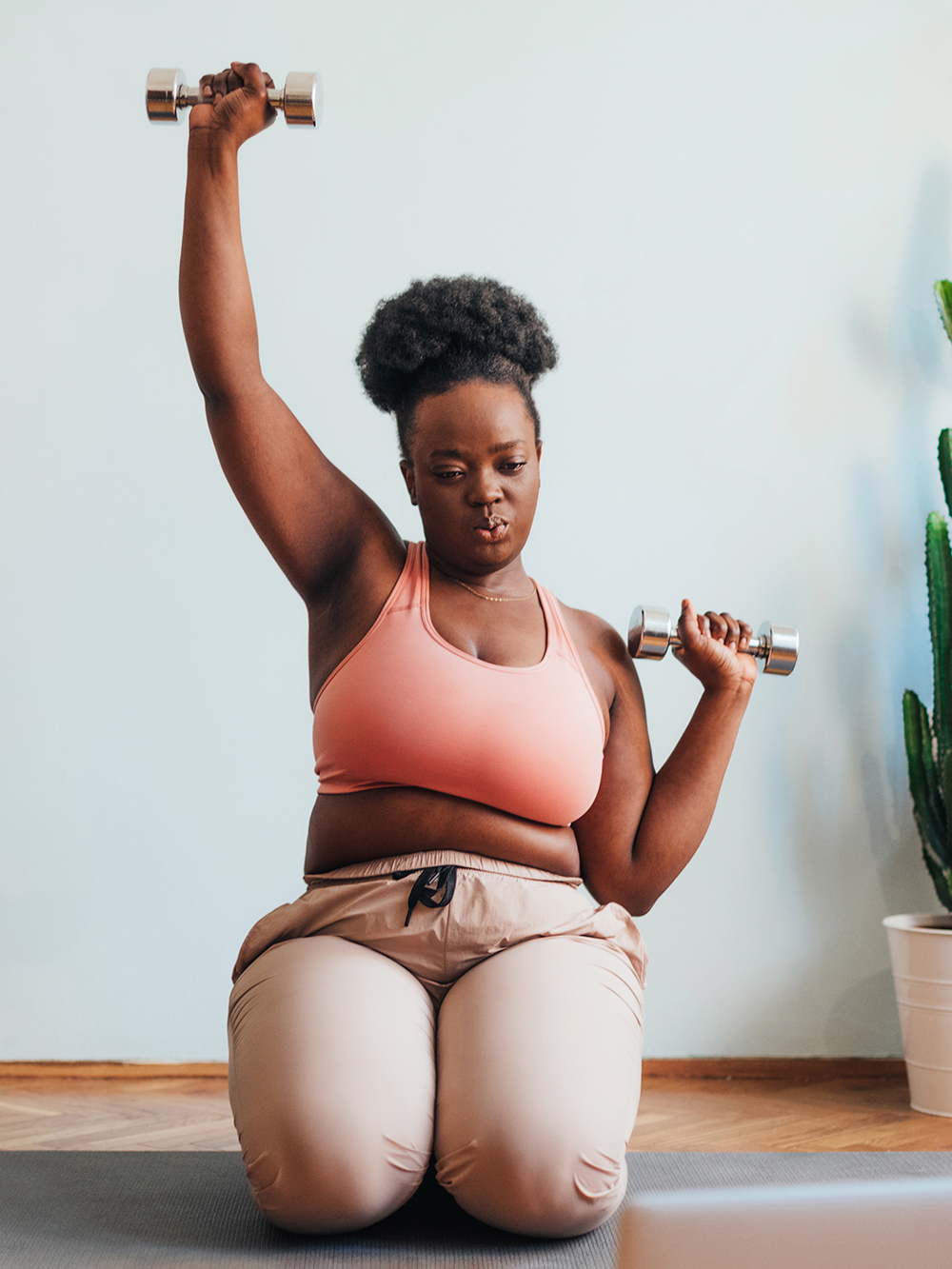
"If you're just getting started, going full speed six days a week into a workout routine is probably not a good idea," says Lauren McAlister, a Mindbody fitness specialist and co-owner of McAlister Training. "Start with a few days a week and see how your body feels. Then, taper up or down as needed. Stay mindful of how you're recovering, your energy throughout the day, and your mood. You should feel energized—not flattened—by movement."
McEwen recommends scheduling in exercise two to three times a week, even if it's just for 15 to 20 minutes, so you can begin to find a routine that works for you. And FitOnApp trainer DeAndre Sinette even adds, "Five minutes is better than no minutes. We're human. Do what you can."
2. Find Your Workout "Why"
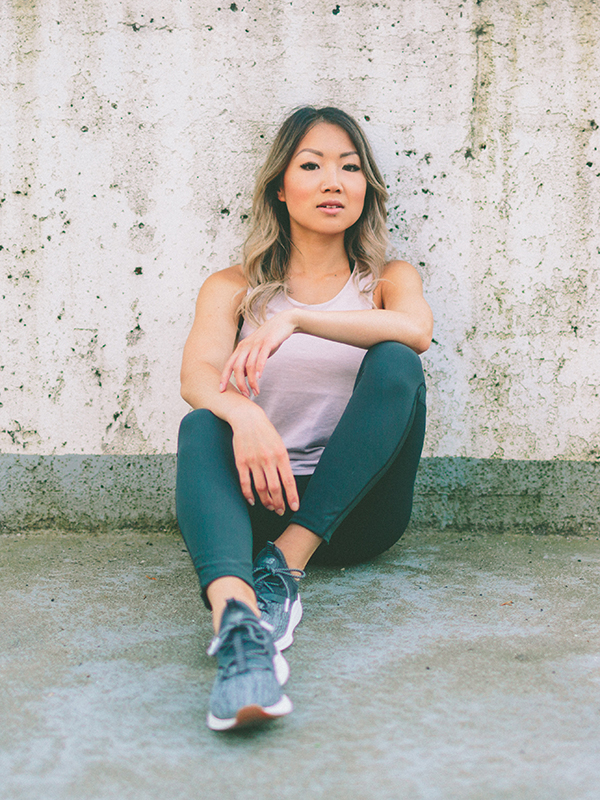
Understanding why you want to work out will be a good motivator. McAlister recommends thinking about your "why." Is it because you want to grow old with a partner? Keep up with young kids? Travel the world with ease?
3. Find Out What You Like

You might not find your favorite workouts right off the bat—it could take some time, but you should allow yourself that. "It's easy to get overwhelmed by all the 'fitspo' and advice out there on which type of exercise is 'best,'" McAlister says. "The best kind of exercise is the one you genuinely like to do and that consistently fits in your routine. Working out is so personal—and what works for one person (say HIIT classes) might not work for another (maybe they're more of a martial arts fan). If a routine isn't sticking, it might simply be because it's not the right fit for you."
4. Set Goals and Reward Yourself

"The most important thing to nail down before starting a workout is identifying a clear and quantifiable goal, preferably with a deadline," Mirror trainer Gerren Liles says. "Having an outcome will help you create a routine and time frame to attain it." So instead of saying, I want to lose weight as a general goal, you can say something like, I want to run 5K in three months. Liles says once you know your goals, you'll be able to figure out how much time you need to devote to your workouts and anything else that can support you on your fitness journey.
And don't be afraid to reward yourself when you meet your fitness goals. "Reward and celebrate yourself," Lai says. "Set goals! If you're able to keep up your schedule for a whole week, reward yourself with a new mat. If you're consistent with two weeks, perhaps a new pair of shoes. Keep it going, and before you know it, you'll have a routine locked down, and you won't need those recognitions."
5. Track Your Progress

"Record your workouts each week so you can see your progress and get a feeling of achievement and therefore motivation to continue," says Caroline Pearce, a FitOn App trainer.
6. Add Some Variety
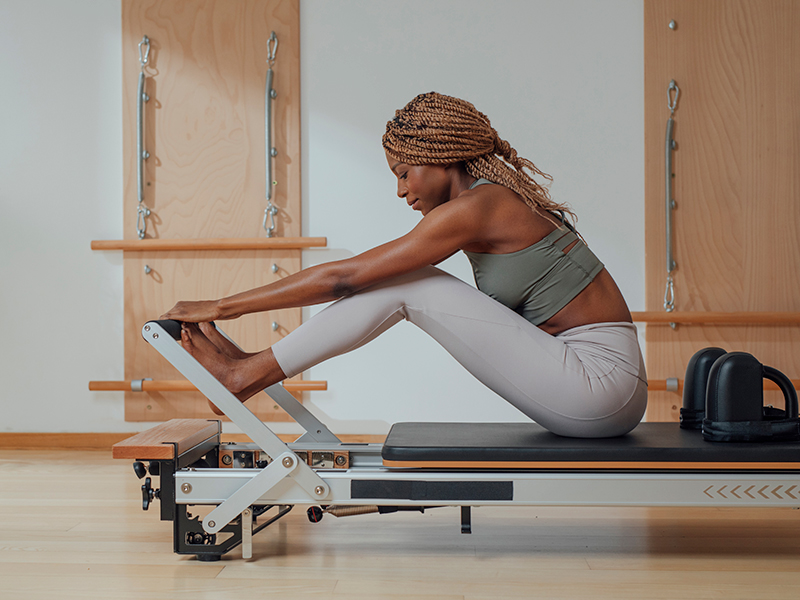
Sure, you should stick to what you know and love, but adding in other workouts will keep things fresh. FitOn App trainer Sydney Benner says versatility and consistency are key when it comes to workouts. "Commit to a mixture of different workouts from HIIT to yoga to Pilates to fight-style fitness," Pearce says. "Not only will you avoid boredom, but you'll also avoid the plateau in results that comes with repeating the same workouts. You'll also discover which style your body responds to best."
7. Give Your Entire Body Love

"If you have the privilege of working out multiple times per week, make sure your entire body gets some love," says FitOn App trainer Bree Koegel. "Dedicate an entire workout sesh to your upper body, one to your lower body, and one for full body. Make sure you incorporate styles that make you smile to keep you coming back for more."
8. Book Workouts in Advance
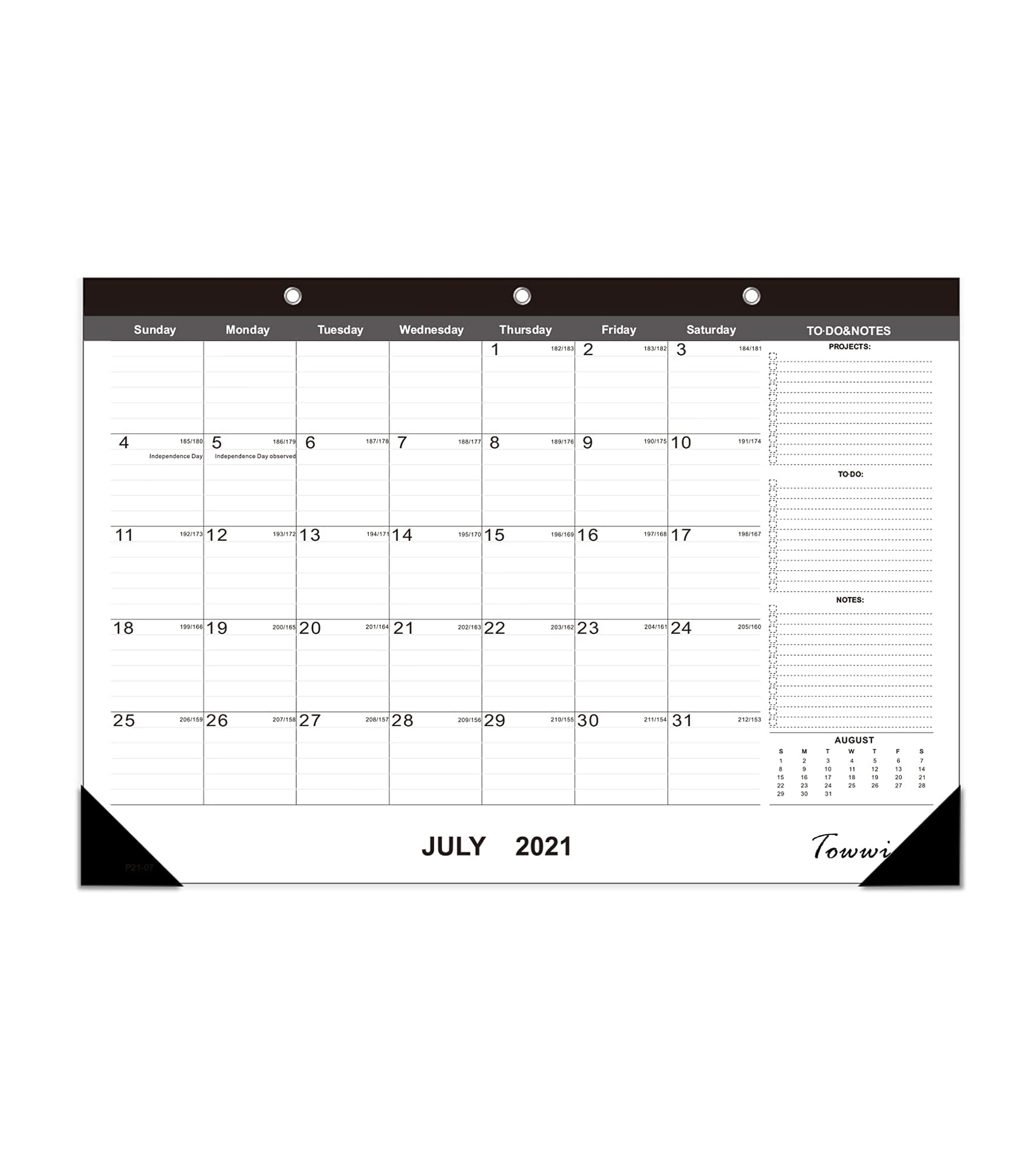
"Personally, I have to book workouts at the start of the week and block off my calendar," McAlister says. "It's my way of committing to myself as though I have an appointment at the doctor or an important meeting for work. That said, I'm always mindful of how I'm feeling both mentally and physically while staying flexible (because life happens). Sometimes I fit in a 10-minute walk in the morning; other times it's an hour-long class. Either way, I try to fit in movement when (and how) I can."
McEwen recommends looking at your current schedule and thinking about what already works well for you. If you like to wake up early, schedule workouts in the morning, or if you have more downtime in the evening, set aside time for then.
9. Prep Before
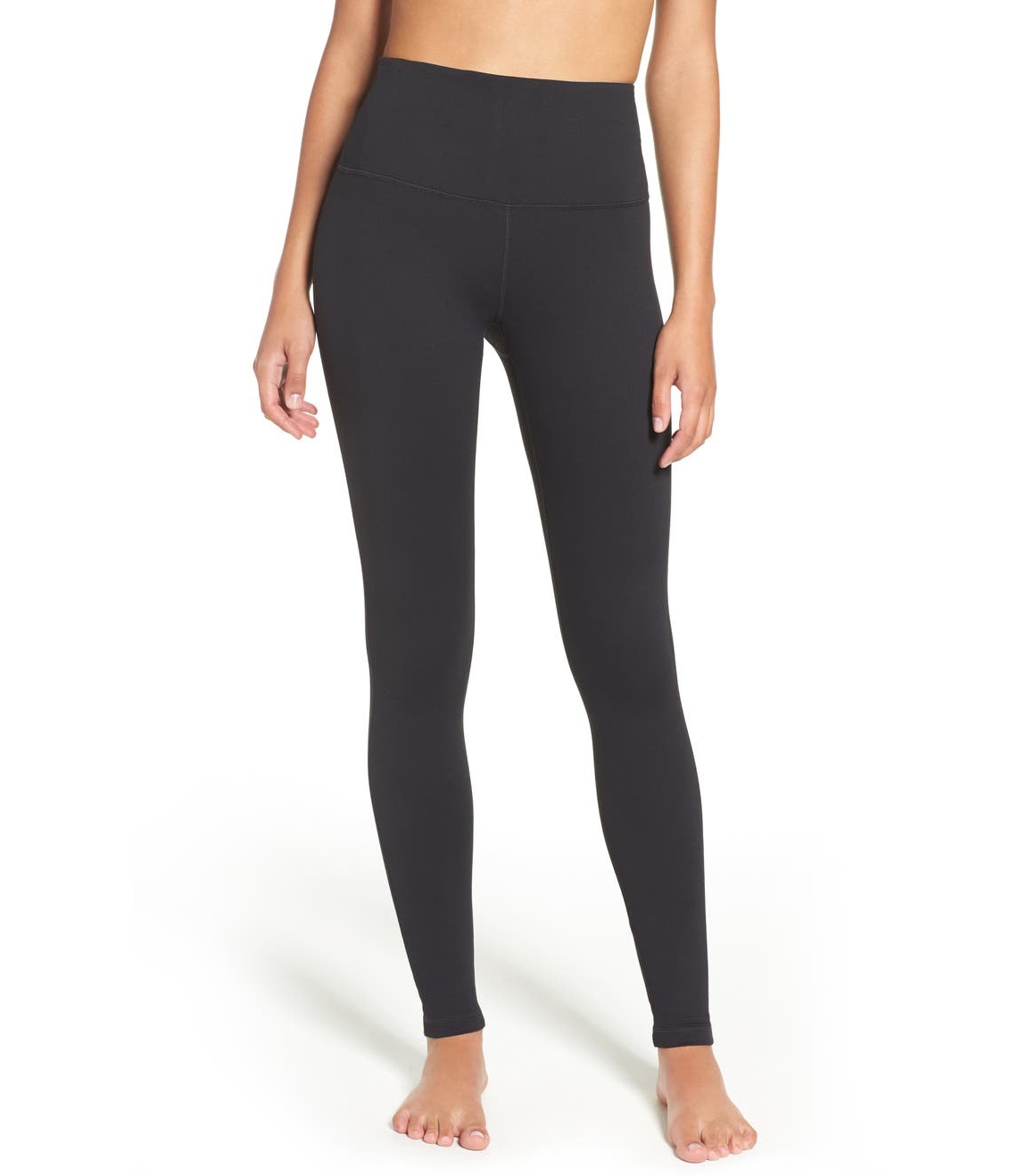
FitOn App trainer Kenta Seki recommends preparing any clothing or accessories you might need for your workout before so you're ready to go when it's time.
10. Start Each Session With Mindfulness
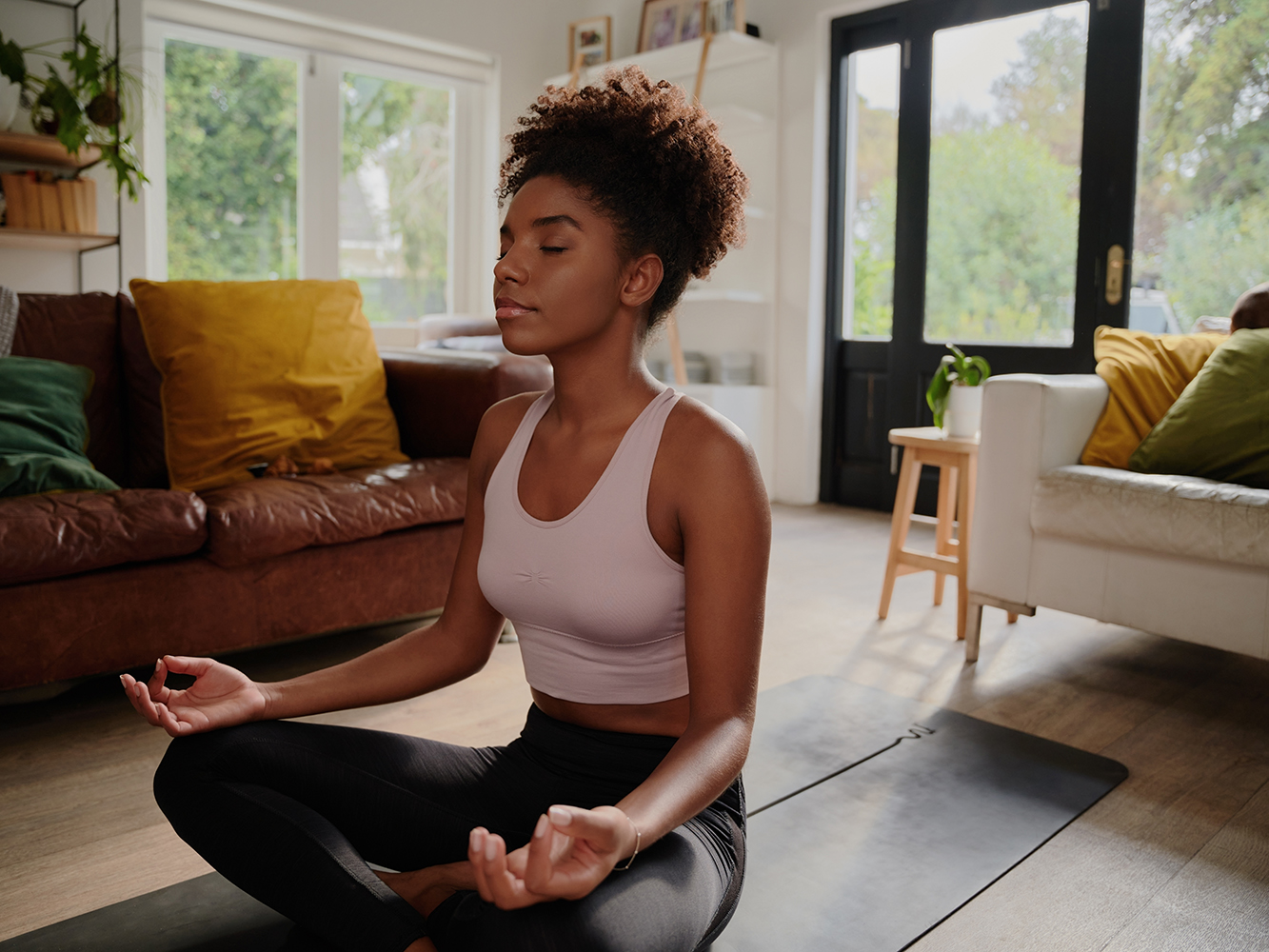
You'll want to make sure you're focused during your workouts, which can be hard to do if you have a million things going on. McEwen recommends starting each session by honing in on your breath and getting connected with your body.
11. Don't Go Too Hard
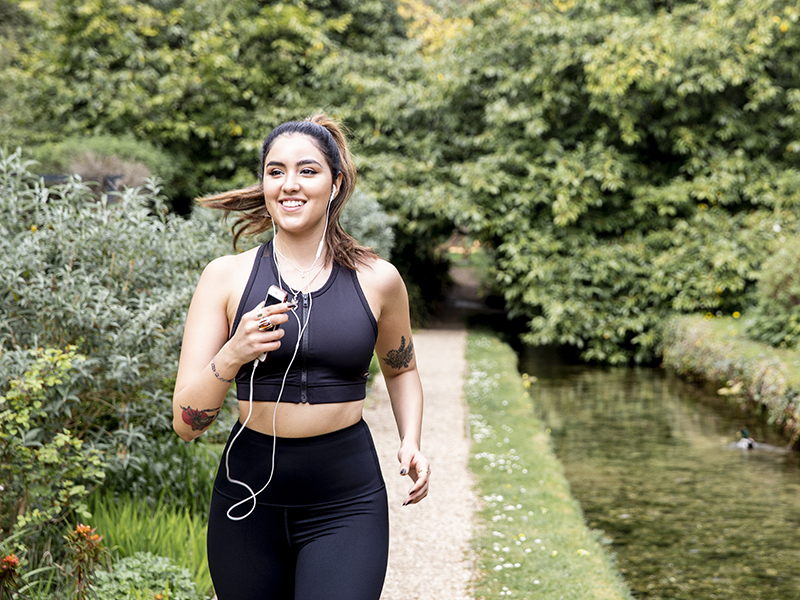
This goes back to the starting-slow tip. McAlister says one of the most common mistakes people make is going too hard too fast. "We see this every year in January: People are extremely motivated, set unrealistic goals, and then burn out by February or March. For most people, easing into a routine is the best way to make it stick."
12. Set Realistic Expectations

And in addition to not burning out so fast, you'll want to set realistic goals and expectations for yourself. Push yourself, but make sure you know your limits. "Oftentimes, I see people setting unrealistic expectations for weight loss or using exercise as a way to redeem themselves after 'indulging' too much after the holidays, a vacation, or even a global pandemic. The way I see it, if you see exercise as a punishment, it’s going to start to feel like it," McAlister says.
13. Don't Forget to Rest and Recover
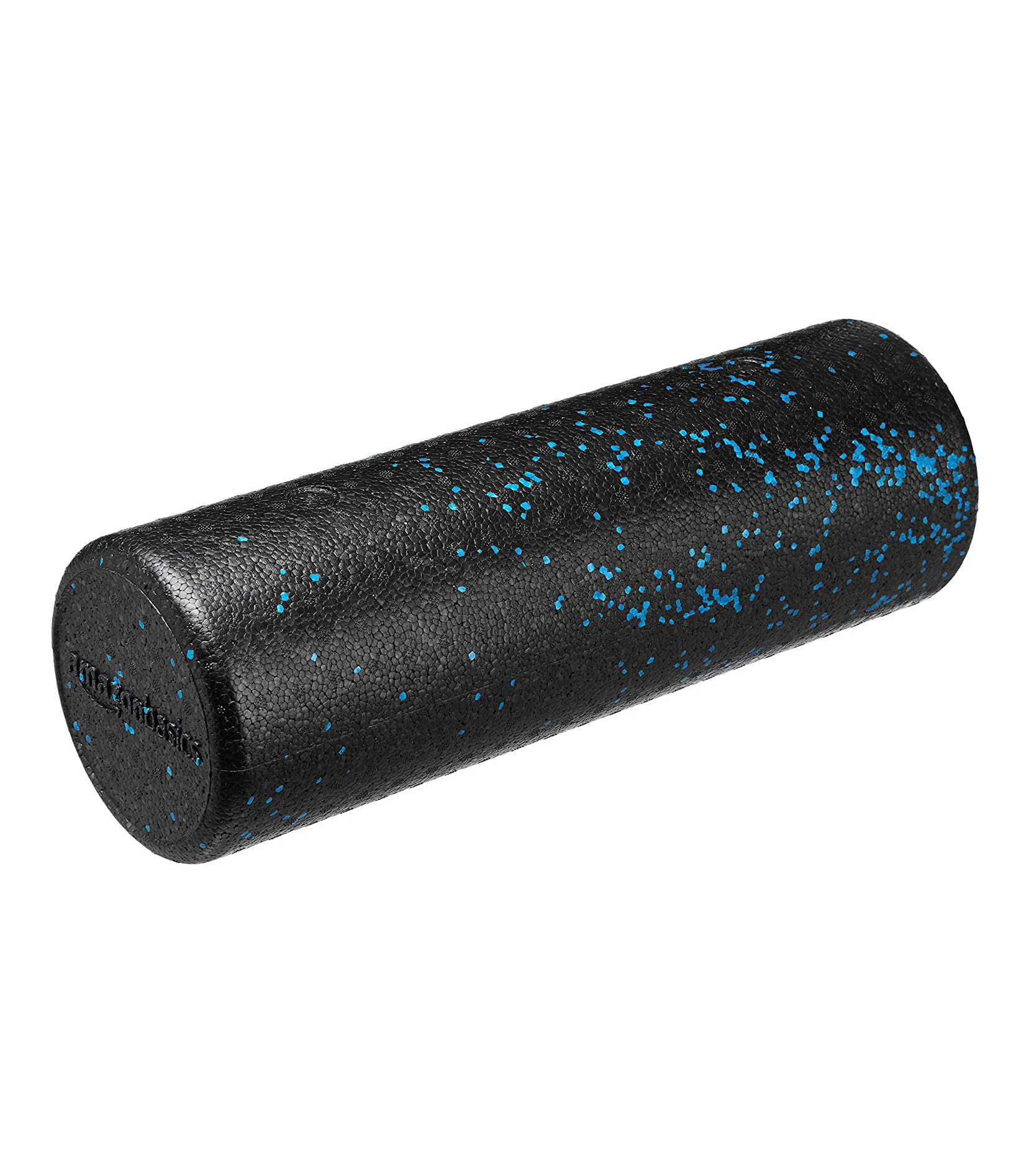
Liles says one misconception about working out is that you have to go hard all the time, usually at the expense of proper recovery. "Rest and rejuvenating practices are just as needed to help your body be replenished and rebuild," he says. "Incorporate rest days or lower intensity workouts into your routine."
14. Stay Positive

"Once you start a workout, stay positive," Lai says. "It isn't about how quick you are with the movements, how heavy you can lift, or how many jumping jacks you can do in a minute. To stick to a workout routine is a celebration in itself. To consistently show up for yourself every day is the key to your success."
15. Just Do It
16. Grab a Friend

"Recruit a friend to work out with. Sometimes you need someone to keep you accountable—friends don't let friends skip out on workout dates!" McAlister says.
17. Turn Up the Music
18. Acknowledge What's Working for You
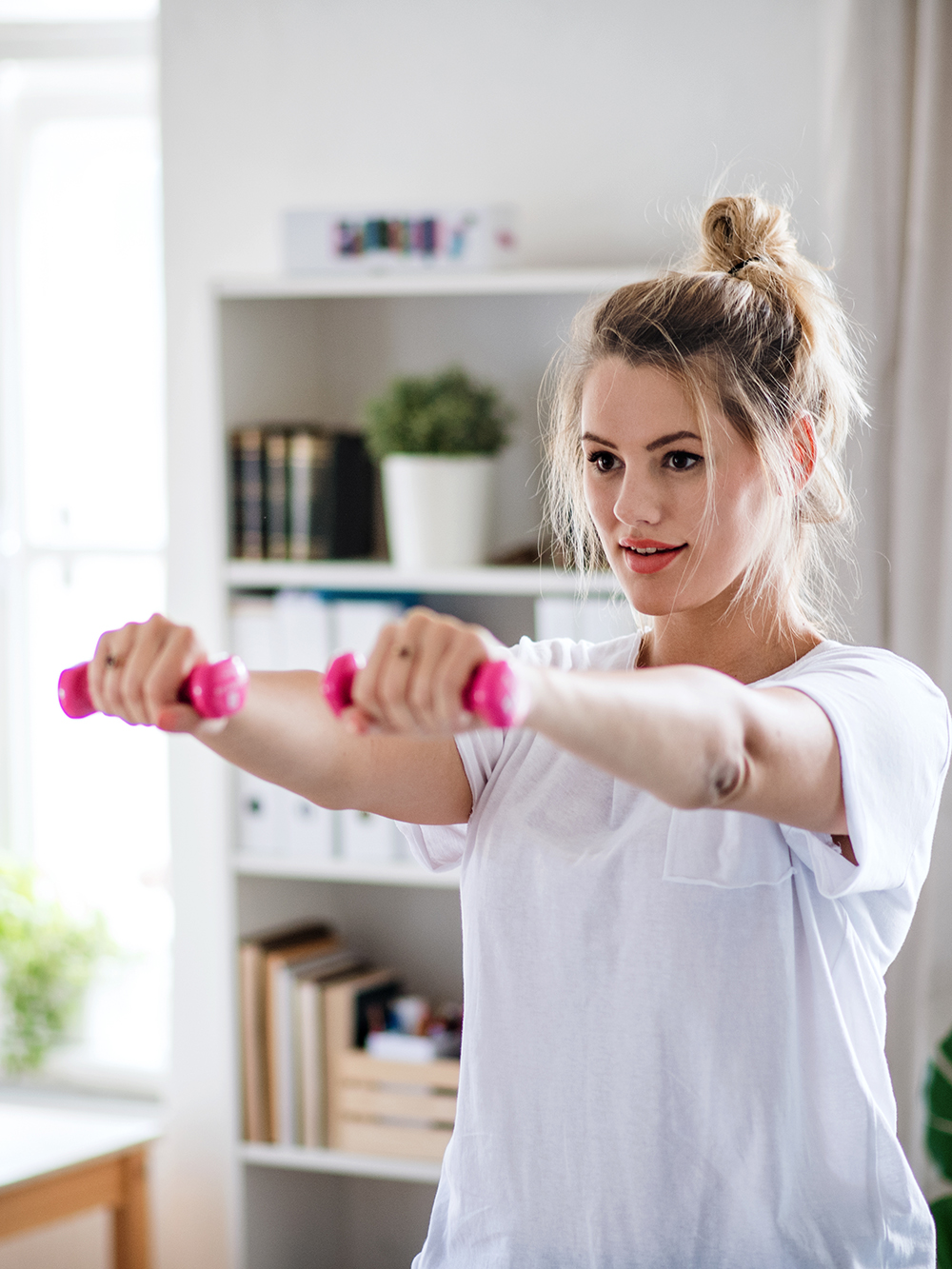
To stick to a workout routine, McEwen recommends paying attention to what's working for you and focusing your energy on that.
19. Focus on Discipline

"I prefer to encourage discipline over motivation. Motivation is great but can be fleeting. If you focus on discipline, you're more likely to stay on track," Seki says.
20. Remember Not Every Day Will Be the Same
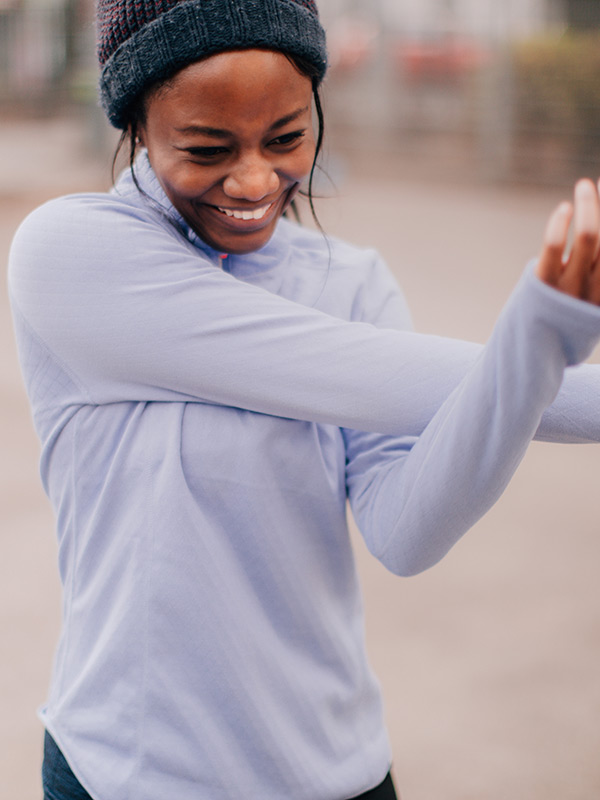
Keeping this in mind is so important. "Remember that every day you show up is going to feel different—your hormones, stress levels, sleep, diet, etc., all factor into your performance—so be mindful and nonjudgmental of what you are feeling each day and move from there," McEwen says.
21. Think About the Post-Workout

"Some workouts are so hard that I really, really want to quit halfway through," FitOn App trainer Vytas Baskauskas says. "I try to remember how great it is going to feel when I'm finished. Also, having the mindset that movement is a celebration instead of a punishment."
Next, 11 Morning Workouts to Try to Make Your Day Better
This article is provided for informational purposes only and is not intended to be used in the place of advice of your physician or other medical professionals. You should always consult with your doctor or healthcare provider first with any health-related questions.
Sarah is lifestyle writer and editor with over 10 years of experience covering health and wellness, interior design, food, beauty, and tech. Born and raised in Los Angeles, she attended New York University and lived in New York for 12 years before returning to L.A. in 2019. In addition to her work atBest Knockoff Luxury Clothing , she held editor roles at Apartment Therapy, Real Simple, House Beautiful, Elle Decor, and The Bump (sister site of The Knot). She has a passion for health and wellness, but she especially loves writing about mental health. Her self-care routine consists of five things: a good workout, “me” time on the regular, an intriguing book/podcast/playlist to unwind after a long day, naps, and decorating her home.

